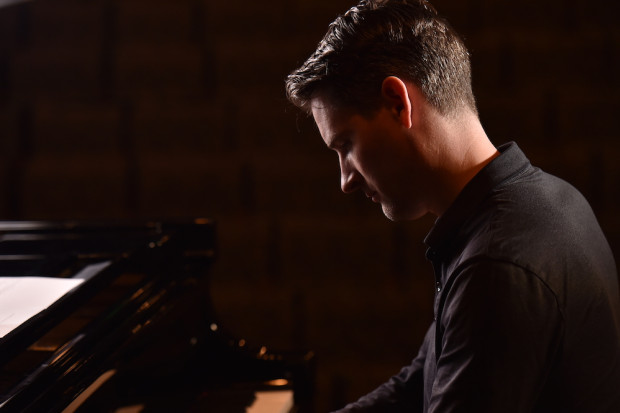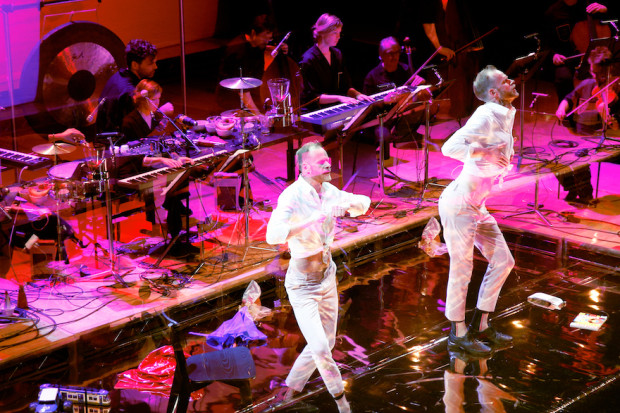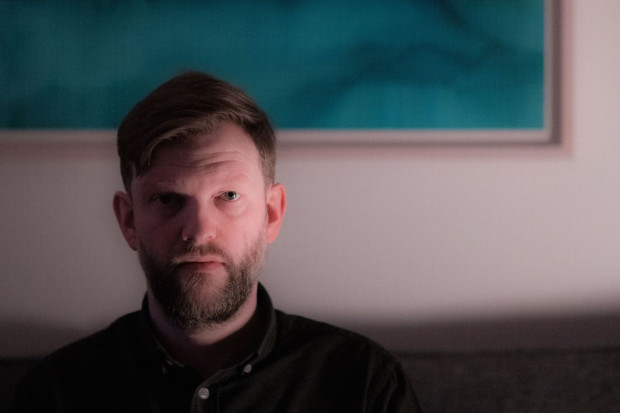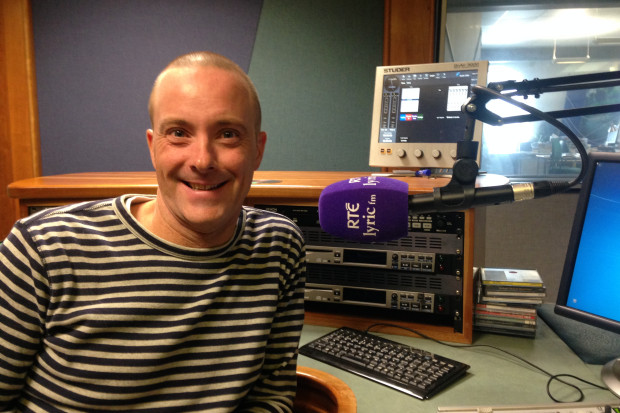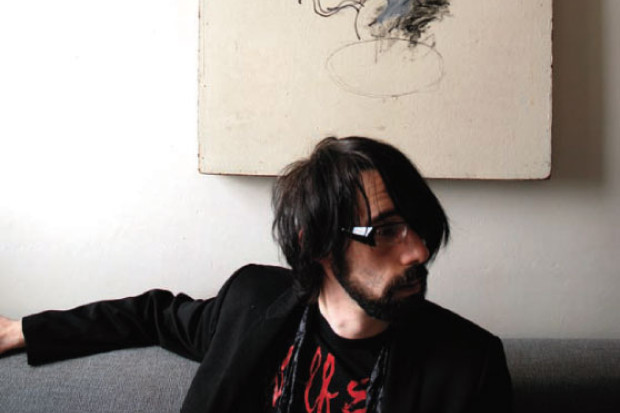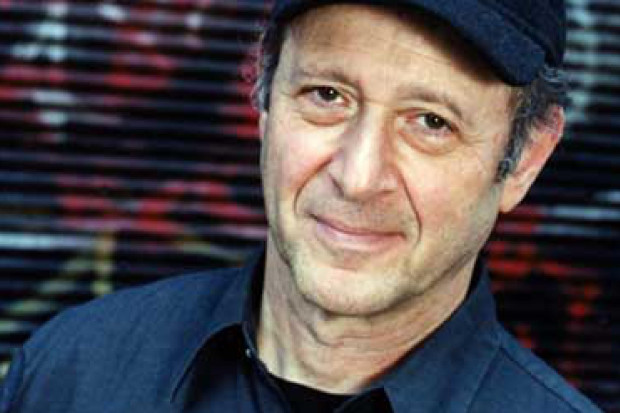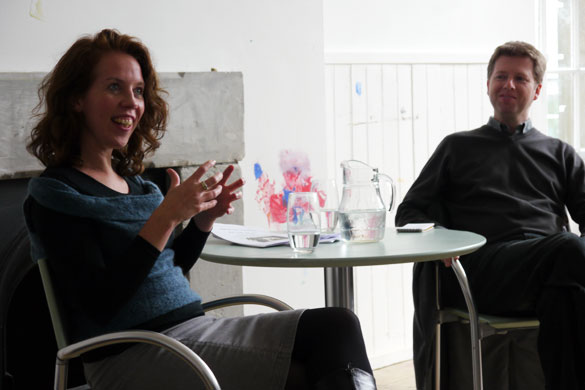
Recorder player Genevieve Lacey talks to Ian Wilson about musical life in Australia as well as her approach to improvising with Oren Ambarchi at the Sligo New Music Festival 2011. Photograph: Benedict Schlepper-Connolly.
Stoke the Fire
Sligo New Music Festival 2011
Cathal Roche (saxophone), RTÉ Vanbrugh Quartet, Malachy Robinson (double bass), Matthew Schellhorn (piano); Oren Ambarchi (guitar); Genevieve Lacey (recorders)
15–17 April 2011
The Model, Sligo
You don’t just listen to an Oren Ambarchi performance with your ears; you listen with your whole body. His heavily processed, heavily amplified electric guitar soundscapes act as physical presence in the space – shaking, screaming, unlocking. As the Australian’s Sligo New Music Festival performance reached its apex, I felt levitated, my bones vibrating. The corners of the space seemed to become inhabited by thousands of shrieking ghosts, suddenly set free.
This kind of experience depends on a willingness to immerse oneself, both on the part of the creator, and the audience member. The creator has to get into something and stay with it, stoke the fire. Almost inevitably, this requires a long duration, repetition, and with each repetition, an increasing intimacy with the material. The audience member must share in this process, and must be prepared to lay aside expectations – at some point you need to stop wanting other things to happen. Just let it smoulder.
This year’s SNMF offered several such immersive experiences. By now it’s a cliché to talk of our attention deficit digital culture. But cliché or none, there’s truth there, and an event that offers access something of such rare focus has great relevance to our society.
The Book of Ways, by the outgoing festival director Ian Wilson, had a sense of unwavering purpose in the most intriguingly idiosyncratic way: Saxophonist Cathal Roche, through sustained and delicately textured improvisation, became a central, constant force around which the RTÉ Vanbrugh Quartet orbited, creating a filigree of out-of-focus gestures.
Ambarchi’s compatriot, the recorder virtuoso Genevieve Lacey, performed her solo set with such sensual concentration that the individual pieces she was presenting – almost all specially composed for her – seemed to fuse together as a single work. With pieces such as Fausto Romitelli’s Seascape, and her final improvisation, en masse, Lacey constructed a space in real-time and allowed the audience to drift within it, gently pulling the audience into its depths, guiding our attention to certain obsessively-worked sounds.
The festival closed with a Sunday morning improvised set from Lacey and Ambarchi. Their continuous, softly-spoken playing, moving within clearly defined harmonic limits, was transcendent. With each breath, a long, rich tone. With each tone, increasing affinity with the quality of the sounds. With this affinity, an uncoupling of the mind from the senses.
Published on 11 May 2011
Garrett Sholdice is a composer and a director of the record label and music production company Ergodos.












